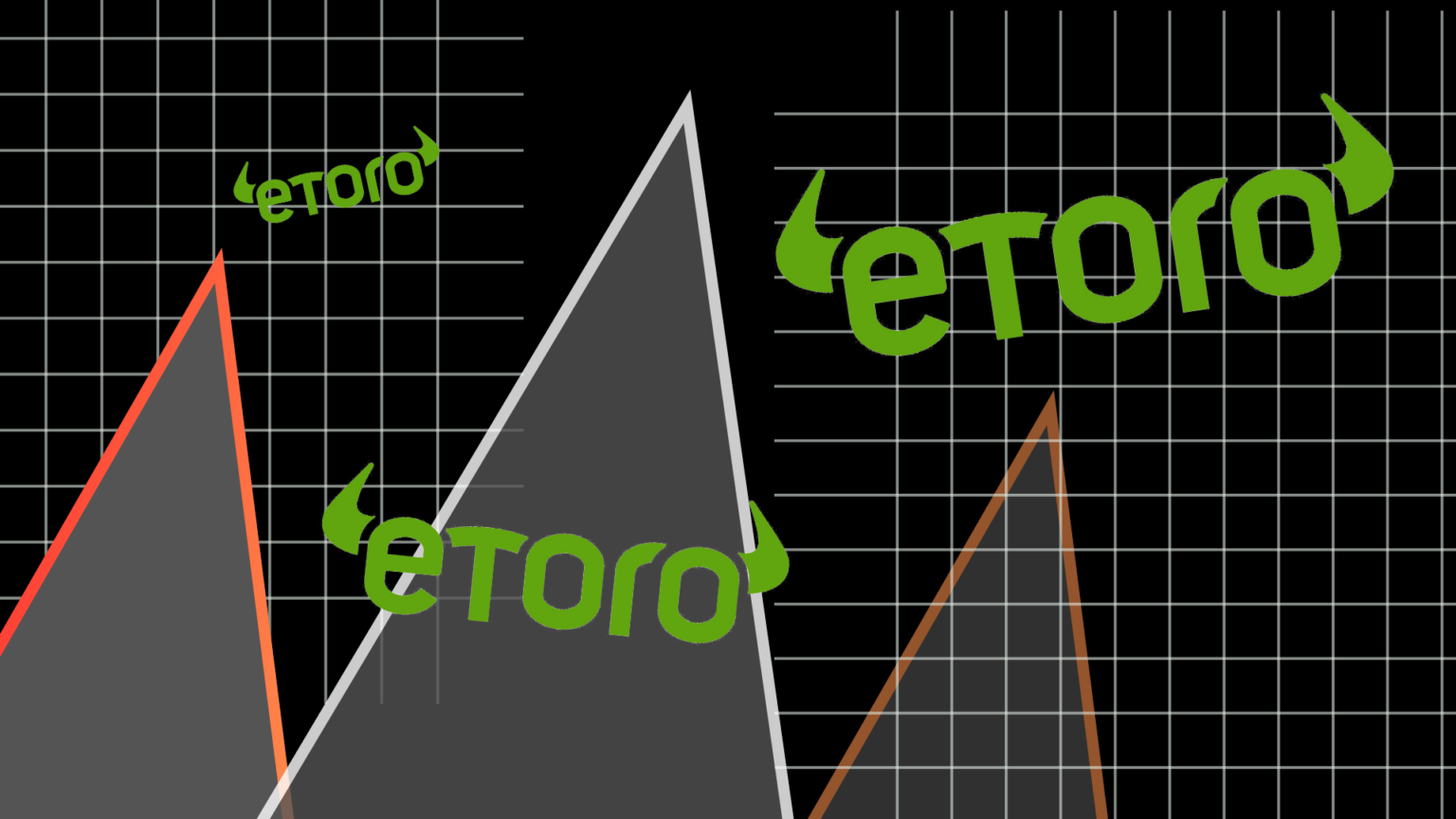eToro USA LLC settled charges of operating an unregistered broker with the SEC, agreeing to pay a $1.5 million fine. The company operated a clearing agency that the SEC alleged enabled the buying and selling crypto assets as securities.
As part of the settlement agreement, eToro will also offer customers a 180-day window to sell the crypto assets for which it plans to suspend trading.
After expiration, eToro will liquidate all crypto assets except Bitcoin (BTC), Bitcoin Cash (BCH), and Ether (ETH). eToro will still allow trading for those three crypto tokens.
“By removing tokens offered as investment contracts from its platform, eToro has chosen to come into compliance and operate within our established regulatory framework. This resolution not only enhances investor protection, but also offers a pathway for other crypto intermediaries,” said SEC Division of Enforcement Gurbir S. Grewal.
Crypto’s Hazy Status As a Security
In recent years, the SEC has scrutinized digital assets more closely. Most issues stem from one central question: Are cryptocurrencies securities or not? The status is hazy. The SEC’s regulatory power extends to securities trading, whether registered or unregistered. But if an asset is not a security, it falls outside of the SEC’s “jurisdiction,” so to speak.
Companies that have faced enforcement actions for allegedly violating securities regulations include crypto space heavy hitters, including Ripple, Binance, Gemini Trust Company, Genesis Global Capital, and LBRY.
Allegedly, these entities failed to register with the SEC before conducting a security token sale or providing a platform through which crypto securities could be traded.
Some companies decided to fight their cases in court — with mixed success. In Ripple’s case, the judge ruled that cryptocurrency XRP sales to sophisticated investors, such as hedge funds, do qualify as securities transactions.
Still, Ripple claimed victory, because the judge also ruled that XRP sales through exchanges similar to Coinbase were not securities transactions. Coinbase users may not have known they were buying XRP from Ripple.
eToro In the Crosshairs
Others, like eToro, settled with the SEC. eToro’s mistake might have been not registering with the SEC in an environment where crypto-asset investors may struggle to identify which assets are considered securities.
Frequently, a case can hinge on statements that developers of a crypto project made on social media. The SEC’s case against LBRY heavily depended on statements made on LBRY’s website and Twitter account, for instance. The SEC interpreted these statements as crossing the line into qualifying LBRY Credits as a security under the conditions of the Howey Test.
Even Ethererum’s — the second largest cryptocurrency by market capitalization — status as a security remains debatable.
SEC Ethics Probe
This may have started with a controversial 2018 speech by former SEC Division of Corporation Finance Director William Hinman, who opined that Ether is not a security, which caused an Ethereum price run.
However, watchdog group Empower Oversight obtained documents indicating that Hinman may have had a conflict of interest that motivated his speech.
Hinman was receiving multi-million dollar payments from law firm Simpson Thatcher, where Hinman used to work. At the time, Simpson Thatcher was representing a crypto mining client. This may have influenced the SEC’s case against Ripple, who pushed the SEC to explain any possibility of a double standard in scrutinizing other digital assets like Ether. In Ripple’s case, the SEC charged that Ripple’s crypto token, XRP, is a security and therefore, requires registration.
Despite the setback in which eToro had to settle with the SEC and remove most crypto assets from its platform, it can now move forward with three assets that are less likely to be classified as securities. The rest will be liquidated when the 180-day window is up if customers do not sell their holdings first.


